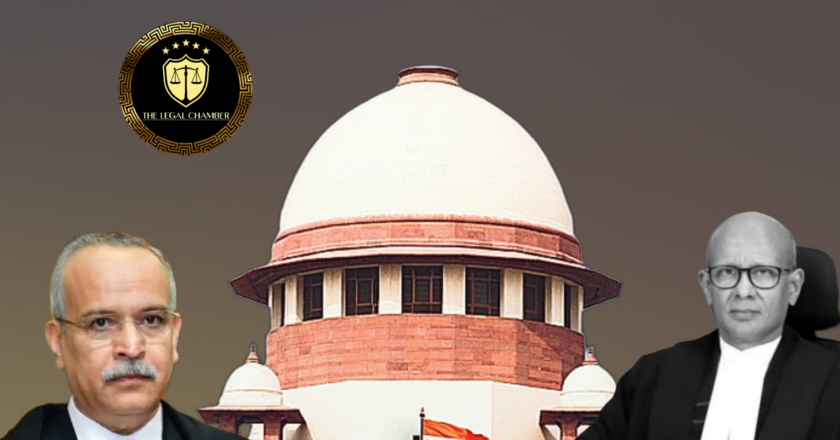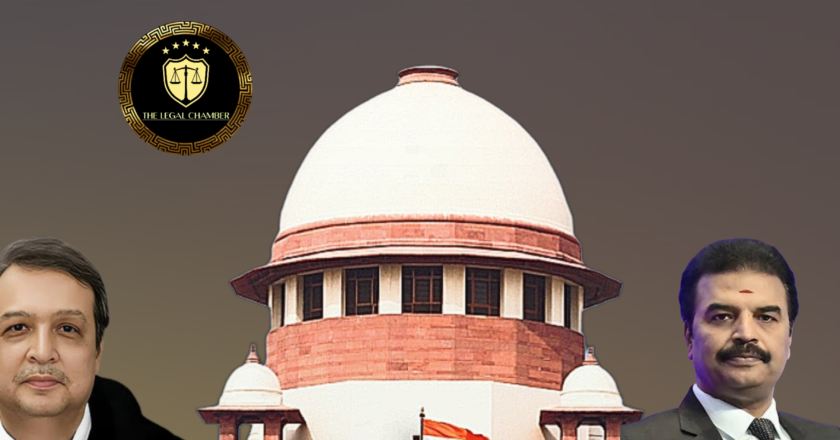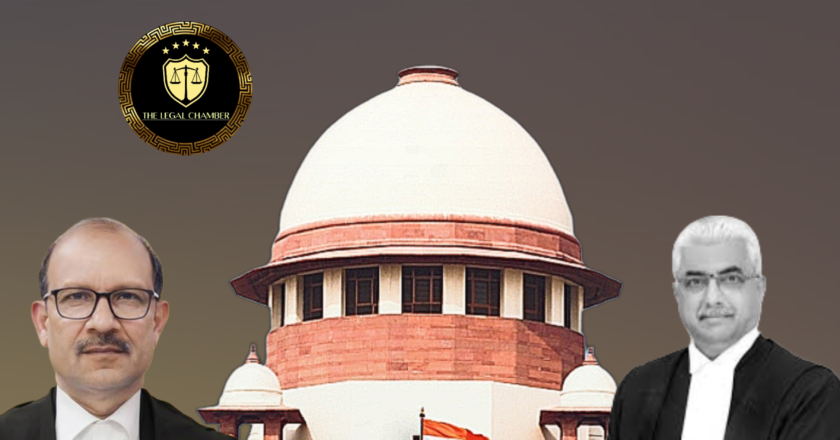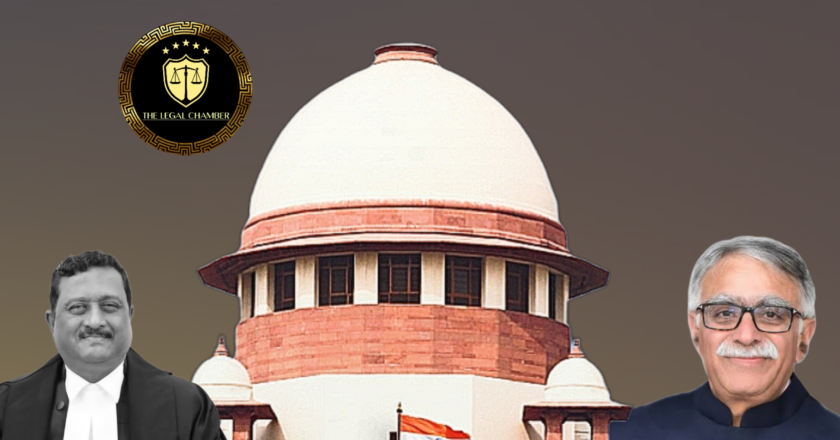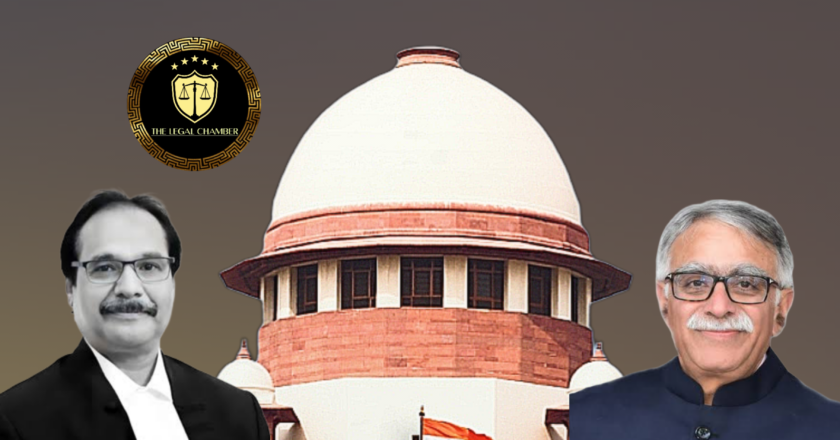Supreme Court Rules Property Can Be Returned During Insolvency If Not Needed
This Supreme Court judgment affirms the paramountcy of the commercial wisdom of the Committee of Creditors (CoC) under the Insolvency and Bankruptcy Code, 2016. It clarifies that the moratorium under Section 14(1)(d) does not bar the return of possession of a corporate debtor's leased asset when such a decision is a conscious business choice made by the CoC and the Resolution Professional to alleviate a financial burden on the estate.
Facts Of The Case:
The case originated from a dispute over the possession of a property leased by Nandini Impex Private Limited, the corporate debtor. The appellants had provided loans to the company, secured by the title deeds of the property's front and rear portions. Following a default, the property was conveyed to the appellants through separate deeds ...
